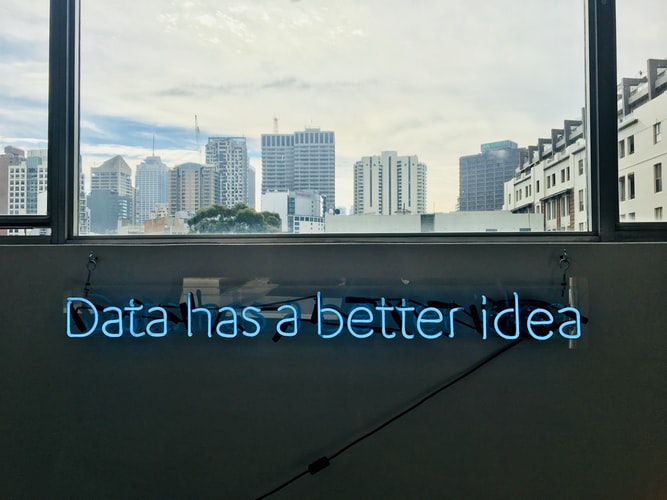
Managing accounting needs
The accounting department of any organization is essential. There are many areas you can manage through an ERP system, and here are some of them:
- You can use an ERP system to estimate the capital requirements and for management of cash.
- You can accurately come up with a budget.
- Allocation of costs for various activities such as labor, raw material, and transportation.
- Management of payments, including those payments made to the vendors and wages paid to the staff.

Tracking Capabilities
ERP system acts as a backbone of your financial management system and traceability is is one of the most loved features in ERP. This integrated unified platform is unlike standalone business applications, you are able to back trace the transactions e.g. from an invoice to a delivery order and from a delivery order to a sales order. With the ability to trace and drill down transactions can let the user gains more confidence and assists them in verifying the integrity of the data.
Apart from back tracing the source documents, ERP also allows the company to track and manage the movement of materials and products into and out of the organizations. This contributes greater visibility and control over your supply chain management.

Quality Data and Financial Information
With ERP technology, the accounting department has easy access to the data. Organizations have well-organized processes and resources, enabling them to maintain good financial measures. Financial information is also secured and it gives you an opportunity to co-author, manage, and edit when you have authority to access it.
Organizations that use separate systems for accounting and sales activities, they have to manage the data manually. On the other hand, for an integrated ERP system for accounting, there is an automatic transfer of data. Therefore, you don’t have to manage data manually, making it faster, accurate, and consistent.
- nsacct



